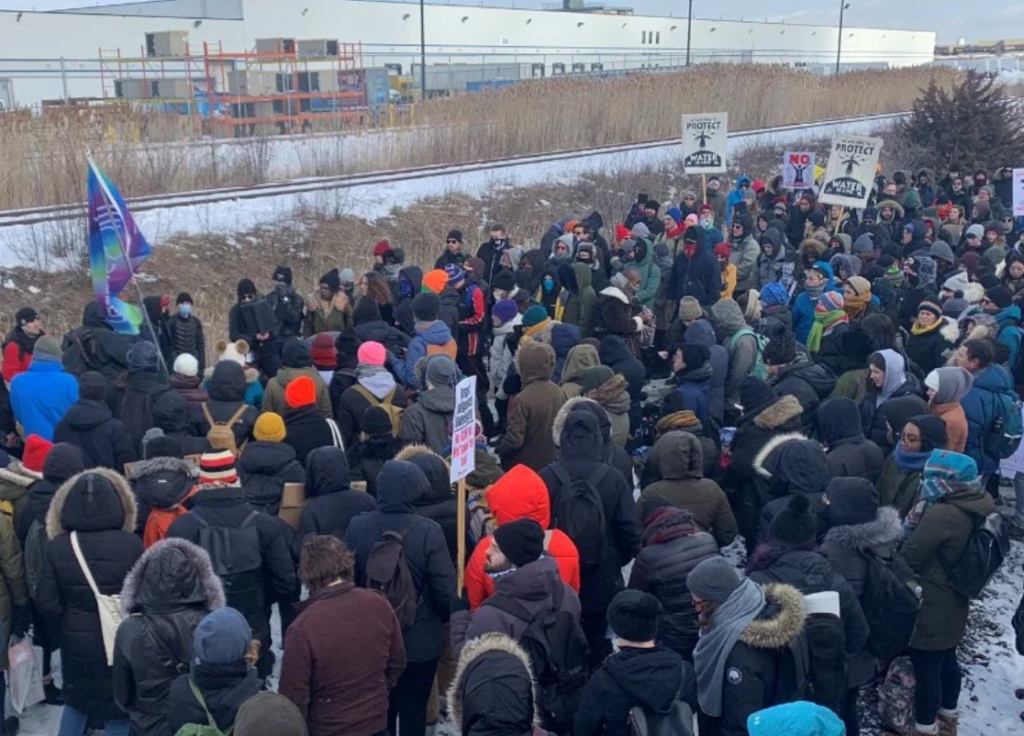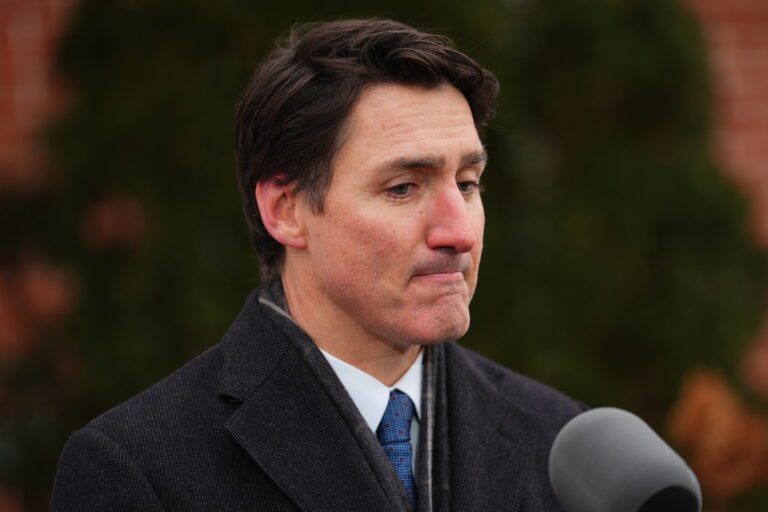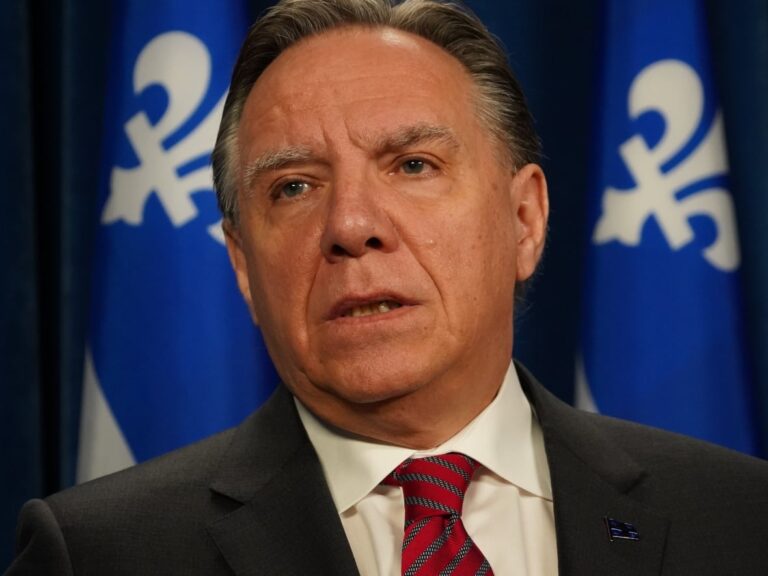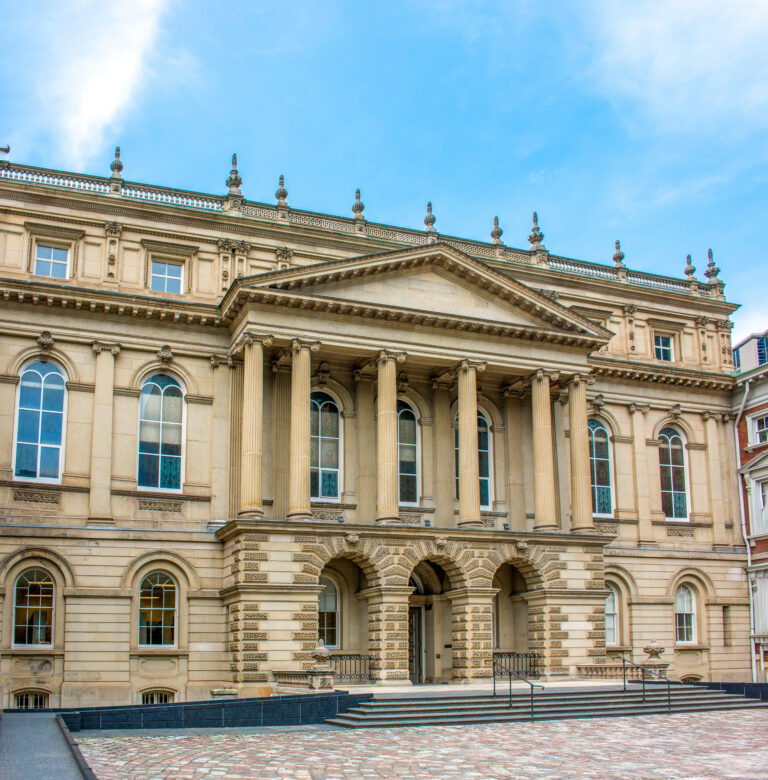by John Carpay, the Post Millenial
The rule of law is one of the most important legal principles on which Canada is based. Along with the supremacy of God, it is mentioned in the very first words of the Canadian Charter of Rights and Freedoms: “Whereas Canada is founded upon principles that recognize the supremacy of God and the rule of law.”
The rule of law means that we are ruled by laws, not by the whims of a King, or the clamouring of a mob. The rule of law also means that the law applies to everyone, even the King; there can be no exemptions for the King or his favourites.
Countries which practice and uphold the rule of law tend to thrive economically, socially, politically and culturally.
Countries which uphold the rule of law become wealthy because people can work, buy, sell and trade in the knowledge that their property and their person are protected by law. Economies thrive when people know that the law will be enforced, and that the law will be applied to everyone, even to the King and his favourites. The rule of law provides investors, foreign and domestic, with confidence to invest their money in business projects.
Conversely, when a country condones law-breaking, investors will put their money elsewhere, and quickly. The world’s poorest and most violent countries are those where politicians are above the law, and the law is not applied equally to all.
The decisions of Canada’s politicians and police to condone–for three weeks or longer–the blockading of railway lines by aggrieved protesters violate the rule of law in at least two ways.
First, our politicians are effectively stating that individuals with strongly held political opinions are entitled to engage in illegal activities, in this case shutting down railway lines. Second, law-breaking is permitted because Prime Minister Justin Trudeau and other politicians sympathize with the protesters’ ideology and demands: the law does not apply to the King’s favourites.
What if a group of taxpayers, fed up with losing half of their earnings to three levels of government, occupied a federal government building in Ottawa? What if a bunch of pro-lifers interfered with access to an abortion clinic in Toronto? What if a contingent of Western separatists blockaded the Burrard Street Bridge in Vancouver?
In all three cases, you can be sure the authorities would very quickly remove the obstructing protesters, even if the protest methods were entirely peaceful. Politicians and police would say: “You have a right to express your opinions, but preventing other people from going about their business is illegal.” Members of these three hypothetical cohorts would be lucky to get off with a warning; the blockading pro-lifers would almost certainly be prosecuted for breaking the law.
Politicians repudiate the rule of law in Canada when they elevate the concerns of Wet’suwet’en hereditary chiefs to a superior legal status, as more worthy than the concerns of other Canadians. This is not a comment for or against the legitimacy of the demands of Wet’suwet’en chiefs. Applying the rule of law means that everyone, regardless of political orientation or ideological conviction, must be held to account when breaking the law.
Everyone, or almost everyone, has strongly felt moral convictions about various political issues, including taxation, abortion, climate change, and aboriginal rights. Depth of emotion and strength of conviction should not trump the rule of law. If we respect the rule of law, then either everybody is entitled to blockade railway lines, or nobody is.
Yet in Canada the standard is a double one. When inflicting serious damage on thousands of people by blocking railway lines in the name of an aboriginal cause, one can expect to get a phone call from the prime minister, eager to have a conversation. Why? Because of his known sympathy to aboriginal causes. Yet if anti-tax protesters, Western separatists or pro-lifers broke the law, would any of them get invited to tea with the prime minister?
The consequences of repudiating the rule of law are predictable. Rewarding law-breakers with an invitation to discuss their grievances will encourage more law-breaking in future. Investors will stop putting their money into projects and businesses in Canada. Law-abiding citizens will become apathetic and cynical regarding the bias and incompetence of their governments. Failing to enforce laws when they are broken by a politically favoured group will cause all Canadians to have less respect for all laws. Favouring some people because they have the “correct” political convictions is a sure way to destroy social cohesion and incite mistrust amongst citizens.
Upholding the rule of law will certainly result in some negative publicity, when radical or extremist groups distribute video-footage of screaming protesters getting arrested and carried off into paddy wagons.
Canada and its police will be denounced aggressively as “fascist” and worse, just for upholding the rule of law. But nothing is free. The long-term costs of repudiating the rule of law are far higher than the short-term costs of some nasty name-calling.
Lawyer John Carpay is President of the Justice Centre for Constitutional Freedoms (JCCF.ca).








